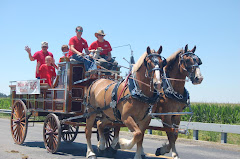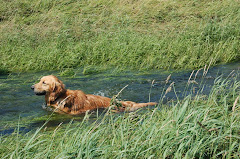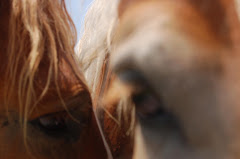West Nile Virus (WNV) is a viral disease that can cause encephalitis or meningitis, infection of the brain and the spinal cord or their protective covering. The virus is transmitted by mosquitoes. The mosquito is infected by feeding from an infected bird. Once the mosquito is infected, it may transmit the virus to people or horses when it bites them. There is no evidence that horses can transmit WNV to other horses, birds, or people.
Currently, there is no specific treatment for West Nile encephalitis in horses. Supportive veterinary care is recommended. Catching the disease early and treating it aggressively is imperative to recovery. Supportive care includes suspending the horse into a standing position, treating any pressure sores resulting from the horse being recumbent, administering anti-inflammatory drugs including steroids, and aiding in food and water consumption. The rate and degree of recovery depends on how early the symptoms are recognized and how aggressively the disease is treated.
There are vaccines available against West Nile Virus. It is imperative that horses are vaccinated
according to the label on the vaccine. At least one yearly booster is recommended after the initial series. Horses that are stressed, such as show and race horses, should have two boosters annually. In these cases boosters should be administered in April and late July. Horses vaccinated against Eastern, Western, and Venezuelan equine encephalitis are not protected against West Nile Virus. Mosquito population control as well as limiting exposure to mosquitoes at dawn and dusk is also important to controlling the spread of West Nile Virus.










